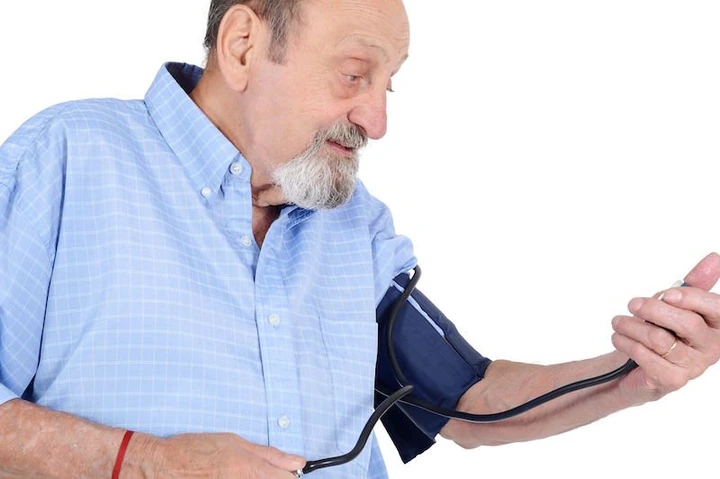
View pictures in App save up to 80% data.
Hypertension, commonly known as high blood pressure, is a prevalent health issue that elevates the likelihood of developing heart disease, kidney complications, and strokes.
Although lifestyle modifications and medications can assist numerous individuals in regulating their blood pressure, there are still some who face challenges with unmanaged hypertension even after undergoing these therapies.
For these patients, a novel technique known as ultrasound renal denervation presents a hopeful option.
Renal denervation is a minimally invasive treatment aimed at addressing hyperactive kidney nerves that contribute to blood pressure regulation. In this procedure, a slender, flexible catheter is introduced through a small incision in the wrist or groin and navigated to the artery that delivers blood to the kidney.
Once positioned, the catheter transmits ultrasound or radiofrequency energy to the tissues around the artery for several seconds. This energy interferes with nerve signals, decreasing their activity and contributing to a reduction in blood pressure.
A recent clinical trial with 224 participants suffering from uncontrolled hypertension evaluated the efficacy of this procedure. Findings indicated that renal denervation notably lowered blood pressure, whether used alone or in conjunction with medication.
The research expands upon previous discoveries indicating that the procedure is effective in reducing blood pressure in individuals suffering from mild to moderate hypertension as well as those with resistant hypertension.
This recent research concentrated on individuals whose blood pressure continued to be elevated despite receiving conventional therapies.
The study revealed that ultrasound-guided renal denervation successfully lowered both systolic and diastolic blood pressure, presenting a promising option for patients who find it challenging to manage their hypertension solely through medication.
The procedure offers numerous benefits. It is minimally invasive, necessitates just a tiny puncture, and avoids the need for extensive surgical intervention.
Utilizing ultrasound energy enables accurate targeting of the hyperactive nerves in the kidney, minimizing the likelihood of complications. Furthermore, the procedure is fairly swift and can be conducted on an outpatient basis, enhancing accessibility for numerous patients.
For individuals suffering from uncontrolled high blood pressure, renal denervation might offer a novel approach to treatment. This procedure could be particularly advantageous for patients who encounter adverse effects from their medications or for those who find that medications alone fail to bring their blood pressure to a healthy range.
Nonetheless, similar to any medical intervention, renal denervation may not be the right choice for everyone. It is essential for patients to discuss with their healthcare provider to assess if this treatment aligns with their individual circumstances.
Further investigation is essential to comprehend the long-term impacts and safety of the procedure, along with its possible uses for a wider variety of patients suffering from hypertension.
Hypertension is a significant health concern impacting millions of people around the globe. This groundbreaking procedure presents a promising solution for effectively managing the condition, especially for those who have struggled with conventional treatment methods.
As research progresses and enhances our knowledge of renal denervation, it may emerge as a significant asset in combating hypertension.
The study was led by Michel Azizi and published in JAMA. For those interested in maintaining healthy blood pressure, additional research highlights the potential benefits of lifestyle choices, such as avoiding black licorice, which can dangerously raise blood pressure, or incorporating nutrients like turmeric and coconut sugar, which may help reduce blood pressure and improve artery health.
If you care about high blood pressure, please read studies that early time-restricted eating could help improve blood pressure, and natural coconut sugar could help reduce blood pressure and artery stiffness.
For more health information, please see recent studies about added sugar in your diet linked to higher blood pressure, and results showing vitamin D could improve blood pressure in people with diabetes.










